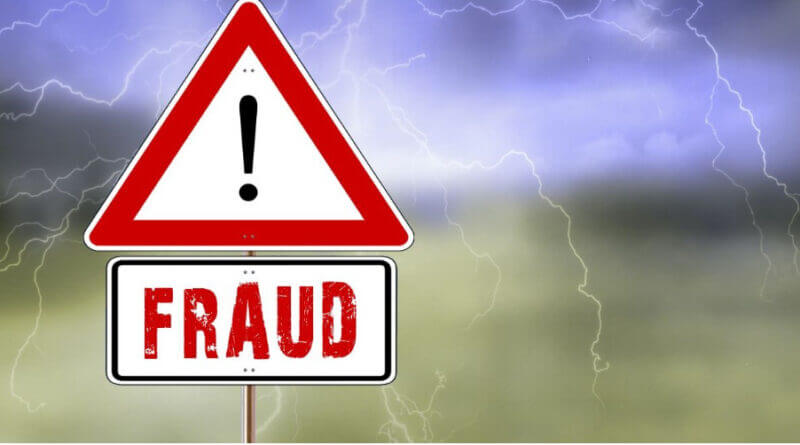Beware of utility fraud and scammers
Credit: Entergy
When severe weather strikes, utility imposter scammers are usually not far behind to exploit them. Email and text message scams are common amid bad storms – and unfortunately, interacting with fraudulent messages can cause grave consequences, like financial loss and identity theft.
Utility imposter scammers constantly concoct new ways to steal your money, account credentials and other sensitive information. Fortunately, you can take steps to protect yourself and limit potential fraud exposure. Arm yourself with these tips to bolster your scam awareness as we head into severe weather season.
Beware of messages that urge you to click unknown links.
Some scams prompt storm victims to click seemingly convenient links or buttons for power delivery and restoration updates. Click carefully because, if you engage with fraudulent communications, you unknowingly run the risk of infecting your device and jeopardizing your personal data.
As a personal rule of thumb, do not click links within – or respond to – messages from people claiming to be Entergy representatives unless you know and trust the sender. This is the most effective way to evade text and email scams. And remember, we will not text you unless you’ve selected that service.
Be mindful of pressure to act quickly.
Criminals often express urgency to rush you into providing or confirming sensitive information like your credit card or banking information. Some demand immediate advance payments to restore your power before anyone else. This is a scam. We do not accept or require payments to reconnect our customers’ power after inclement weather events.
Your personal information is a valuable commodity. Never let strangers coax you into fast action. If you feel rushed, confused or uneasy, listen to your gut. Slow down and think critically. Upon doing so, you’ll often see the situation for what it is. If you’re uncertain, don’t hesitate to contact us directly to discuss your concerns.
Watch out for language that’s uncharacteristic of Entergy.
Atypical, erroneous spelling, punctuation, capitalization, spacing or grammar can be signs of email and text message scams. But while some red flags are obvious, others are discreet and can slip past your radar when you’re distracted. That’s why you must scrutinize all unexpected, unsolicited messages for scam warning signs.
Always remain on guard for scam attempts. Ask yourself: Is this message inconsistent with previous storm communications you’ve received from us? Is this message unusual, incoherent or concerning? When in doubt, contact us directly to verify a message’s legitimacy. Don’t trust contact information in a suspicious message.
Scammers don’t relent, and neither should you. Remember, you are your best defense against fraud. If you suspect suspicious or criminal activities, report them promptly to the proper authorities. Doing so can prevent others from experiencing fraud. For additional resources about new and evolving threats, visit entergy.com/scams.






